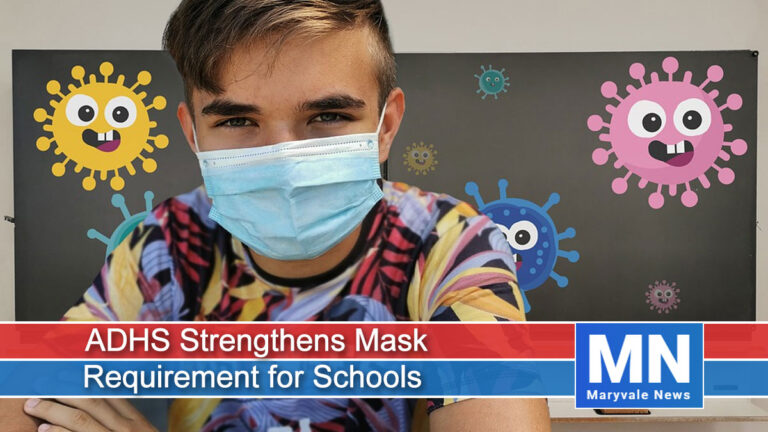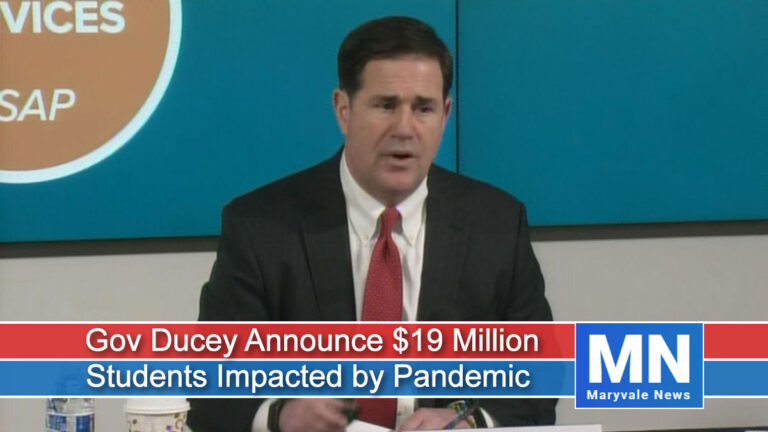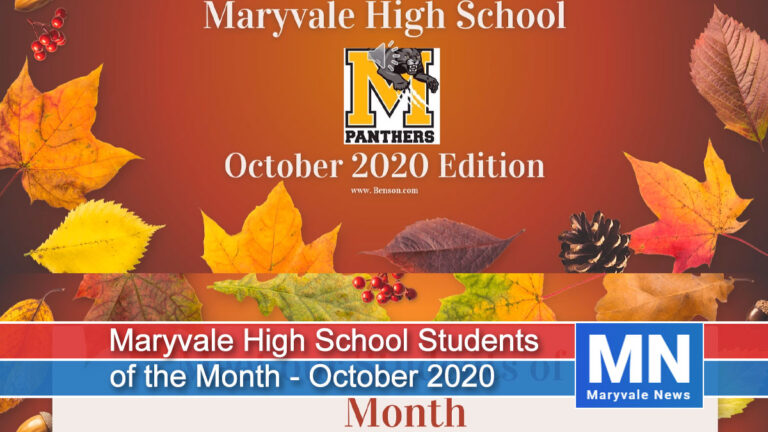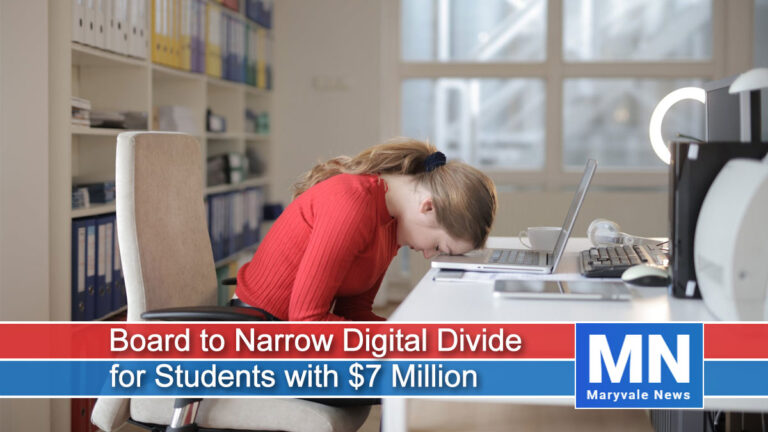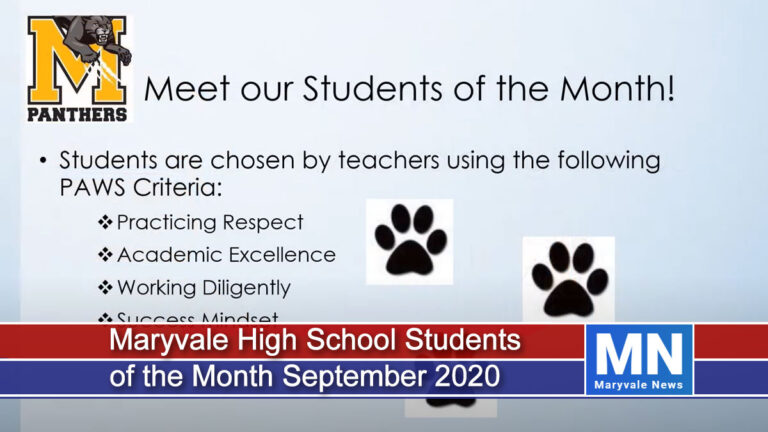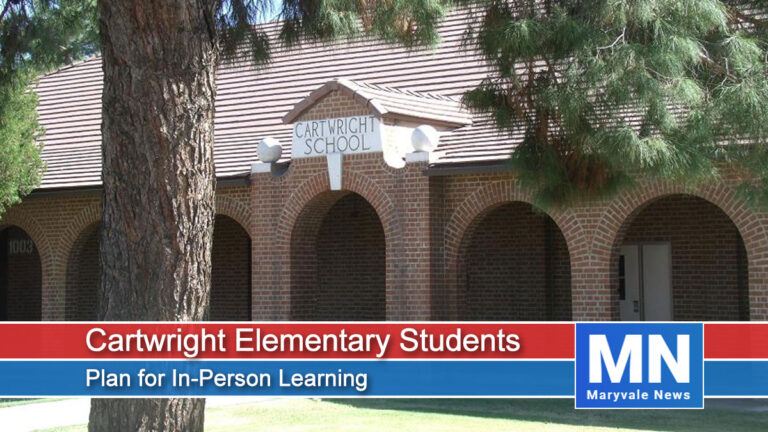ASU’s One Square Mile Initiative Actively Seeks Solutions for Maryvale Residents in Achieving Postsecondary Education
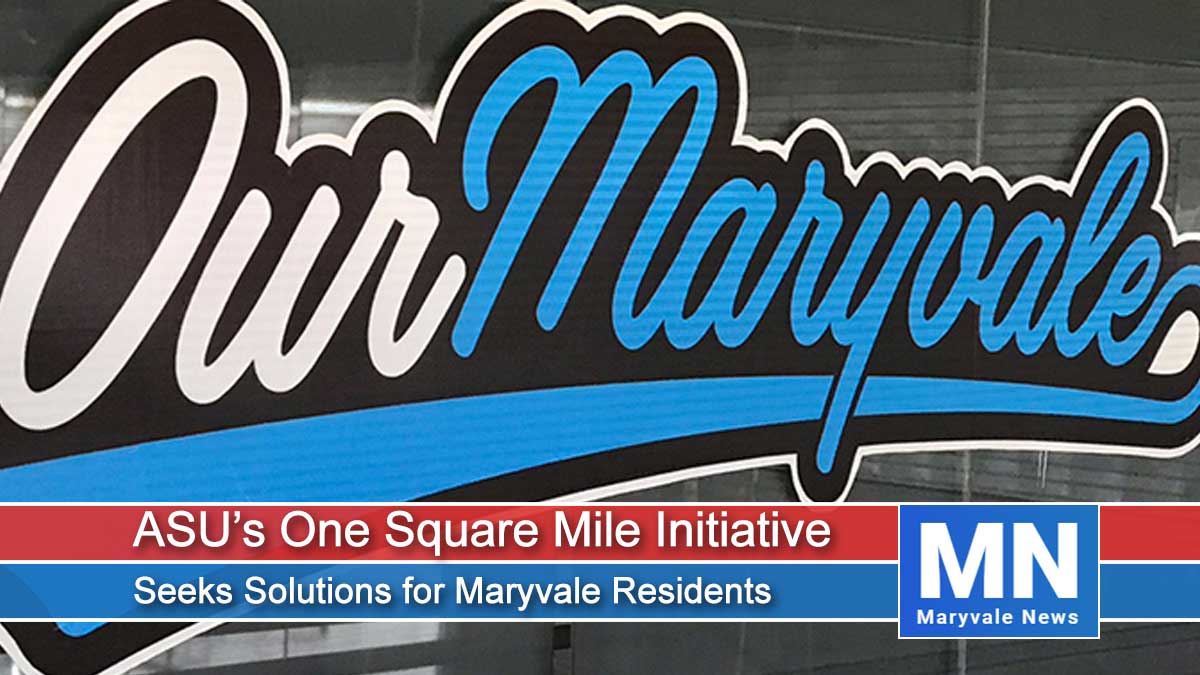
By: Reyna Preciado and Karen Marroquin
As Clarise Schoknecht navigated her way through her senior year at Maryvale High School in 2014, she found herself stuck in trying to plan her next moves. As she proactively tried to figure out her options for a college education, her name waited on a list among other students waiting to speak to her assigned guidance counselor.
“My guidance counselor never had time for me. It was so hard to get a meeting with her to talk about college and my options. I was a straight-A student in AP classes, yet I had no information on how to apply to colleges or what steps I should be taking. I struggled to even meet with my guidance counselor once a year,” Schoknecht said.
Jennifer Valencia, a more recent graduate from Maryvale High School’s class of 2017 and current Arizona State University student, described her experience with her counselor as “good” overall, but explained that this was “only because he did everything we asked. We sought out information and whatever we needed from him, but he definitely was not proactive in getting us that information.”
Maryvale High School is at the heart of the Maryvale community, a community in which only 37% of their residents have an education past the high school level as of 2019, according to the Census Reporter.
With 19.2% of the community living under the poverty line and 64.1% primarily speaking a language other than English, there are many factors that could be contributing to the 63% of residents not achieving higher-level education.
Gregory Broberg, a Lecturer at ASU’s School of Social Transformation, said that in low-income communities like Maryvale, residents are focused on their immediate needs such as paying rent and putting food on the table. He explained that as a result, seeking higher education, especially on their own, may be a “burden.”
“We kind of rely on the individual upon the individual to go about it [seeking help to get a higher level education]. And when we put all of that burden on the individual, it’s the last thing that they think about,” said Broberg.
Ryan Stoll, a postdoctoral scholar in psychology and childhood development at ASU’s Department of Psychology said it’s critically important that educators in schools like Maryvale High School take the initiative when it comes to helping kids develop the tools to advance beyond high school.
“Students are in school seven to eight hours a day, five days a week, 180 days a year. That’s a big source of influence on their life potentially and teachers and educators and anyone in the education system can play a huge role in helping facilitate kids moving from underserved communities, getting the resources they need to achieve what they want to achieve in their life,” said Stoll.
Stoll also said that kids from low-income communities are in competition with their peers who have had many more advantages, and that can be a big barrier to success.
“Because it is so competitive and challenging these days, not having those in place in underserved and under-resourced communities can present a really big barrier for people and kids in those communities that are looking to or at least aspiring to go to college or get a different education post high school,” said Stoll.
Getting from high school to college has been made even more difficult over the past year as the COVID-19 pandemic shut down schools and opportunities for students to interact with their teachers, counselors and others who could help guide them through the difficult process of moving forward to higher education. Ryan Stoll said the last year of high school is usually a time of intense interaction between students and teachers and counselors and that is now largely missing for most students.
“Education and interacting and learning does require a human element to some degree for it to be effective. When you start going into college you’re learning new things, you’re exploring new areas, you need some support from people that have been there. So while I think the online piece opened up avenues for people during the pandemic, it’s also incumbent upon us to design them for people so they can learn,” said Stoll.
Maryvale High School Principal, Shakira Simmons said that district officials are in the process of revamping the budgetary process which could result in additional resources for counseling services. Still, she said Maryvale High School has a full counseling team in place to address student’s needs. “On our campus, we have our school counselors, but we also have two social workers, a prevention specialist, and a behavior intervention specialist. That’s all considered as part of our support services team, along with three student liaisons and two community liaisons who support the students on this campus as well.”
While Simmons defends Maryvale High School’s efforts, 74 former Maryvale High School students out of 166 polled in an unscientific Instagram poll said they did not have a good experience with their guidance counselors.
But for Estella Figueroa, a 2017 Maryvale High School graduate, she said her experience with academic counseling was helpful, especially since her counselor was the advisor for a club she was in. Because of that, she was able to create a close relationship with her. Still, Figuroa said more resources are needed when it comes to counseling.
“I think counseling at Maryvale definitely needs some improvement if things haven’t changed since I’ve been there. They definitely over-assign counselors with students, so counselors literally do not have enough time to give each student as much attention as they should. They for sure do not have enough resources” said Figueroa.
Andres Bustamante, a counselor at Maryvale High School said he would definitely like more time with students because he understands just how important a counselor can be to a student seeking to get a college education.
“I want to do my best for every student. I am entrusted by their parents to do the best in helping their students in the planning of their life after high school. Counselors, like teachers, like parents, we’re not just parents, teachers, or counselors. We’re engineers, engineers of the future,” said Bustamante.
Helping to get more students from Maryvale High School into college by adding resources to academic counseling is a goal for ASU’s Watt’s College of Public Service and Community Solutions. Watt’s College’s One Square Mile Initiative is focused on finding sustainable solutions for Maryvale, and Allison Mullady, a Senior Program Manager at Watt’s College, said providing resources for academic counseling is one of their priorities.
“What we’re trying to look at moving forward is that we know that there is a lack of funding for schools to have enough guidance counselors, social workers, and school psychologists to provide students with those kinds of support. The workload of a guidance counselor is a lot, and so it’s very challenging for them to do all of the things that we’re asking them to do as is,” said Mullady.
One new program from the One Square Mile Initiative involves four ASU freshmen who recently graduated from Maryvale High School working as college peer advisors, reaching out to current Maryvale students to help with college-related concerns.
Monaliza Hernandez, an ASU freshman studying nursing, is one of the four students. She explained why her role in helping future Maryvale graduates is so rewarding not only for her, but for the students as well.
“I’ve had the same experience with difficulties in getting it all done. Sometimes they just need that little push or support to do their best. I definitely feel like it’s a special experience if someone in high school is being pushed by someone with similar experiences and close in age. It’s more personal,” said Hernandez.
Hernandez said unfortunately due to the pandemic, she hasn’t been able to measure her effectiveness, but Allison Mullady of Watt’s College said establishing a pipeline from an underserved community like Maryvale to higher education takes time, something she knows from personal experience.
“I’m a first-generation college student. It takes one generation to change that. When you go to college and you graduate, then your kids aren’t first-generation college students. Then they have you as that resource to help guide them through that. It’s really impactful to help young people feel that they can reach the goals that they have for themselves and that it also impacts all the future generations that come after them,” said Mullady.

